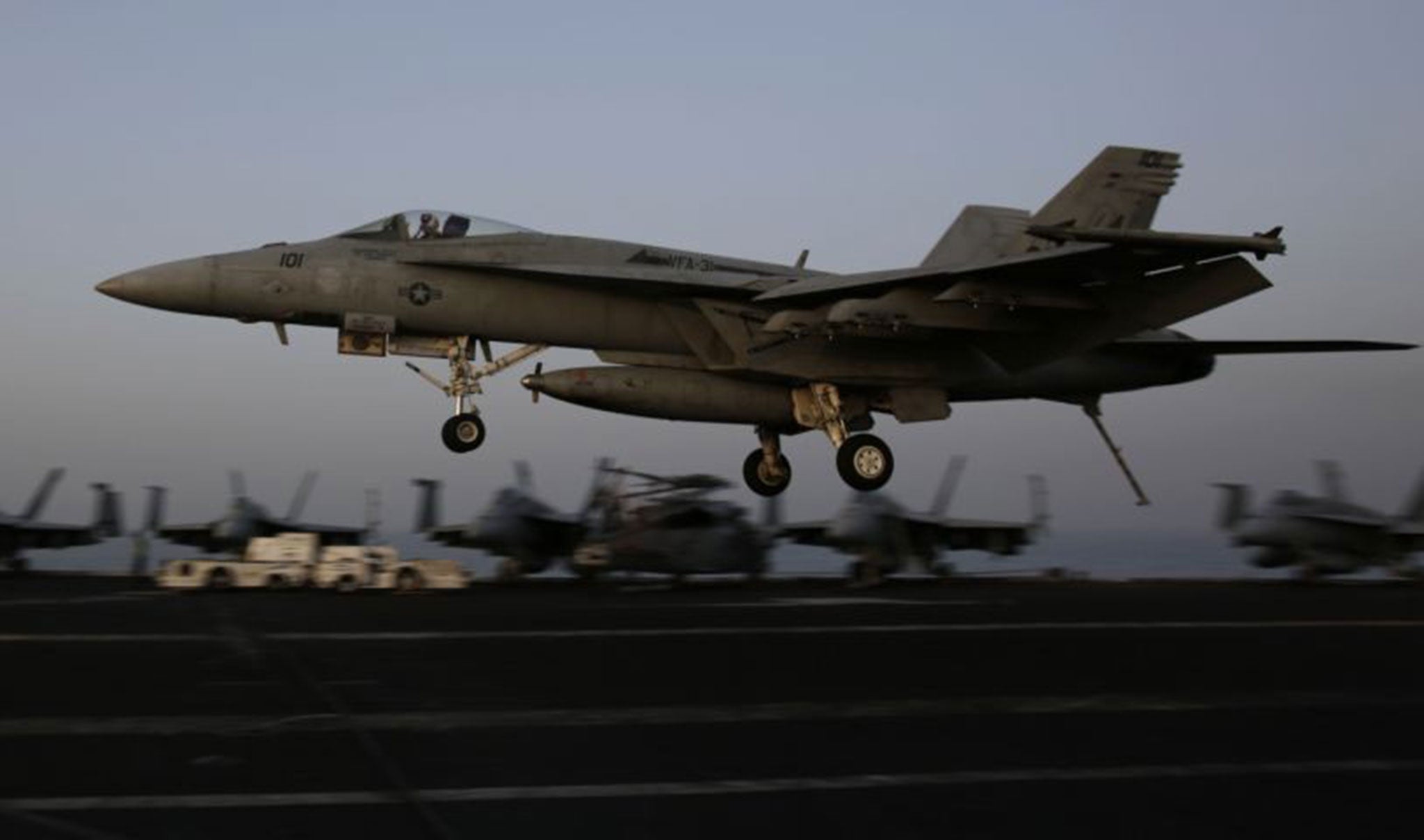Syria air strikes: President Assad now has the enemy he always wanted – Islamist terrorism
These are the very early days of a new and dramatic stage in the civil war


Your support helps us to tell the story
From reproductive rights to climate change to Big Tech, The Independent is on the ground when the story is developing. Whether it's investigating the financials of Elon Musk's pro-Trump PAC or producing our latest documentary, 'The A Word', which shines a light on the American women fighting for reproductive rights, we know how important it is to parse out the facts from the messaging.
At such a critical moment in US history, we need reporters on the ground. Your donation allows us to keep sending journalists to speak to both sides of the story.
The Independent is trusted by Americans across the entire political spectrum. And unlike many other quality news outlets, we choose not to lock Americans out of our reporting and analysis with paywalls. We believe quality journalism should be available to everyone, paid for by those who can afford it.
Your support makes all the difference.The decision to launch air strikes against Isis (also known as the Islamic State) in Syria was expected: the only surprise is that it came before this week’s United Nations General Assembly meeting where America was going to carry out a final push to drag other countries into the coalition against the Islamist extremists.
But there was an argument for action sooner rather than later. Isis having been blocked, for the time being, on their advance into Iraq has been carrying out an offensive in northern Syria, seizing swathes of ground and driving more than 130,000 Kurdish refugees into Turkey . There was little military sense in letting the group entrench itself further.
There was also little strategic sense in the US confining its actions to Iraq if it allowed Isis to retreat into its Syrian domain replenish and reorganize in relative society.
One of the key reasons why the Taliban have been so difficult to beat in Afghanistan is because it has been provided with safe haven in Pakistan by its sponsors, elements in the country’s army and secret police, ISI. That has been justification for carrying out drone strikes across the border on insurgents.
But the missiles and bombs have also killed families and neighbours of the targets, leading to anger in Pakistan and there is a great risk for the West of ‘collateral damage’ inflicted on ordinaey Syrians. The fact that Muslim countries — Bahrain, Jordan. Qatar, Saudi Arabia and the UAE – took part in the attacks is because Washington is anxious for the operation not to be portrayed as a Western ‘crusade’, but deaths of civilians may well lead to an increase in support for jihadist groups.
The Syrian regime offered to help the West in its fight against Isis a month ago through its foreign minister, Walid al-Moallem and received the expected snub. Damascus subsequently warned that unauthorized military operations in Syrian territory would be an act of aggression, a stance backed by its ally Russia. But Damascus was told about the impending raids through its United Nations envoy and there are no reports that it’s fairly advanced air-defence system was called into action.
The relationship between the regime and Isis has been ambiguous. The more moderate opposition has repeatedly charged that there is collusion between the two and, indeed, my colleagues and I have seen ourselves how Assad’s aircraft miss obvious Isis targets to hit groups which are fighting the Islamist extremists.
It has been to the benefit of Assad that Isis has killed so many from the ‘moderate’ groups and lured their members into their tanks. This has given the Syrian President the enemy he always wanted — Islamist terrorism, rather than those who want to replace him with a democratic state.
These are the very early days of a new and dramatic stage in the civil war in the Levant and it is very difficult to predict how exactly events will unfold - apart from the fact that the law of unintended consequences will inevitably come into play.
Join our commenting forum
Join thought-provoking conversations, follow other Independent readers and see their replies
Comments